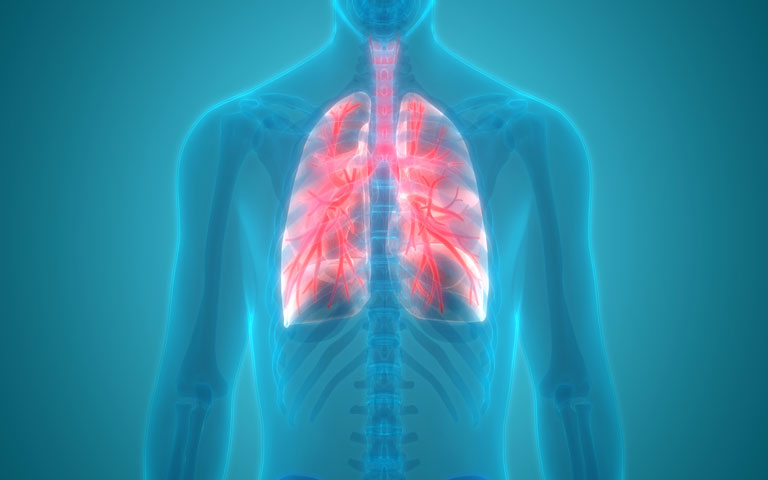“I never thought going to a five-star spa would nearly kill me. I’ve lost a lot because of Legionnaires.”
Words from Mary Kelleher, aged 55, reported in several Irish newspapers.
Mrs Kelleher, from County Cork, is still suffering now, five years after a romantic trip to a five-star hotel and spa to celebrate her silver wedding anniversary ended with her in a three-week induced coma fighting for her life. Legionnaires’ Disease has left a permanent blight on her life. Mary has permanent scarring on her lungs which can be so debilitating that she’s had to give up her part-time job and voluntary work.
Now it has left her vulnerable to the threat of Covid-19, putting Mary in the high risk category.
In early 2020. liability was admitted by the hotel owner and a water treatment company, in Ireland’s High Court.
In 2015, Mary and her husband, splashed-out on a stay at the Muckross Park Hotel and Spa in Killarney, Co Kerry, as a special treat to mark 25 years of marriage.
A couple of days after returning home from Kerry, she started to develop flu-like symptoms. There were headaches, tiredness, muscle aches and a loss of appetite. Mary was admitted to hospital with suspected pneumonia and she lapsed into a coma. While in the coma, doctors diagnosed Legionnaires’ disease, a severe form of pneumonia caused by the waterborne bacteria legionella.
Following the findings of the investigation into her illness, she pursued a personal injuries case against the hotel and NCH Ireland Limited (Chem Aqua), a company that specialises in water treatment solutions. The High Court heard that liability was admitted and the case was only before the court for assessment of damages.
A lawyer for Muckross Park Hotel and NCH Ireland stated in court that they sincerely apologised to Ms Kelleher and her family “for the very serious injuries she suffered following her contraction of Legionnaires Disease at the Muckross Park Hotel in August 2015.
“We wish to assure Ms Kelleher as the owners of the hotel, we have made significant investment in the facilities and a best practice legionella prevention programme since we purchased the hotel in 2015.
“The hotel has implemented substantial changes to ensure that there is no reoccurrence of this event. We do not underestimate the profound distress and impact that this has had and continues to have on her life.”
The details of the settlement remained confidential.
In a statement read by her solicitor, Mary said: “I hope that by highlighting this issue the hospitality industry will sit up and take note that Legionnaires Disease is a very real risk to all customers. Spa operators, she said need “to be alert to the dangers lurking in their water systems.”
Advice from Lizzie Ward, Managing Director, SAS Water Ltd.
All water systems are vulnerable to the growth of legionella bacteria, if not monitored and treated carefully.
Where a venue has hot tubs and spa pools, the risk is heightened. Water droplets are produced and dispersed as aerosols; these contaminated aerosols can then affect the lungs of people using the spa facilities.
Anyone can inhale legionella droplets and become ill, but the risk of more serious illness increases with age and where people suffer from existing respiratory diseases and conditions such as diabetes, heart and kidney disease or an impaired immune system.
This then makes people, such as Mary Kelleher, more vulnerable during the Covid-19 pandemic.
Companies are required to mitigate risk.
They should:
Access competent advice
- Conduct a legionella risk assessment
- Draw up and implement a legionella control plan.
- Record all actions – a detailed audit trail is essential
- Appoint a member of staff to lead legionella control
- Inform and train staff.
SAS Water is a member of the Legionella Control Association.
Together with providing risk assessments, testing and cleaning regimes, we also provide education and training courses in legionella control.
Any questions? Please contact us by phone on 01335 347058, email info@saswater.co.uk. We offer a free initial site visit.


